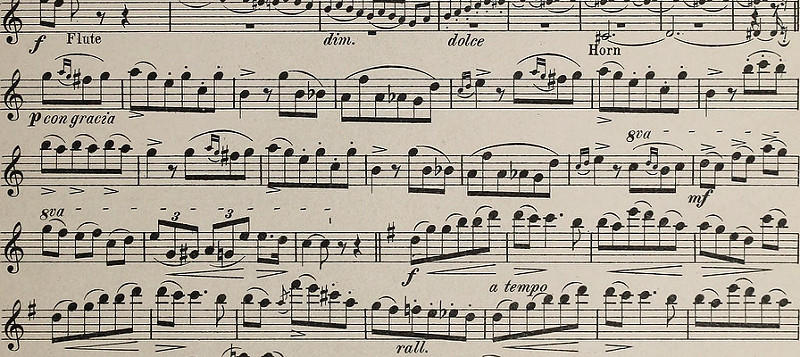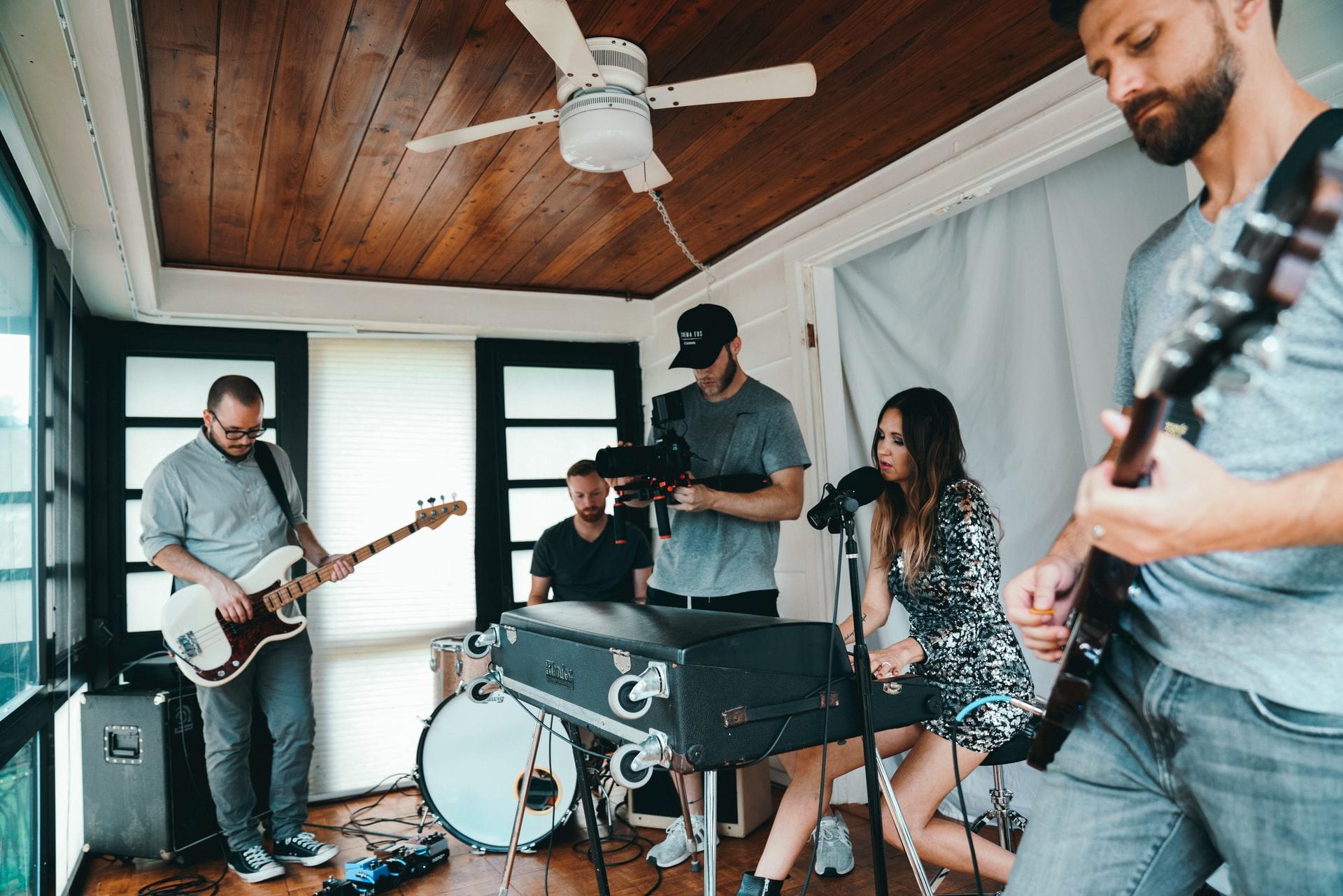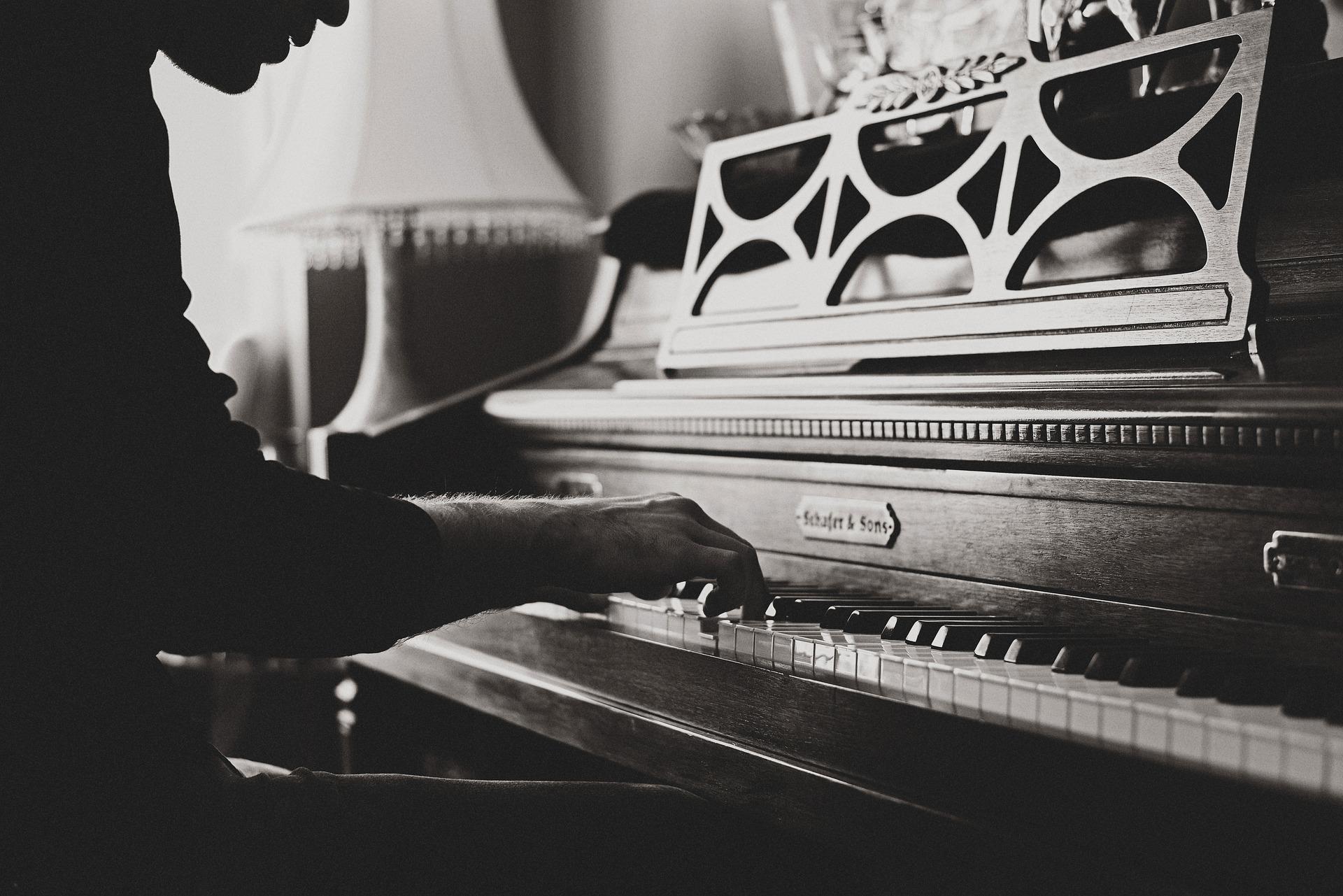Let's start by asking, what is Piano Theory?
The piano theory is about understanding the music you play or want to play. It allows you to recognize what is behind the music and how that creates a specific effect for the listener. Piano theory implies the use of the instrument, which in turn implies sound, which of course is what music is all about. However, many music students make the grave mistake of learning music theory on paper only.
"I went to college on a classical piano scholarship. My grandmother made me practice one full hour a day. Every day. Man. I thought all she wanted was for me not to have any fun. Next thing you know, you have a career in music. Now, not everybody's going to go on and be Mozart or Michael Jackson. But music makes you smarter."
- Jamie Foxx
Hearing the music first in your mind’s ear and then “for real” on the piano is most important when learning music theory.
Far too many students end up learning theory only “in theory,” on paper, and they rarely understand how the music actually sounds. For them, learning music theory is like solving math problems, whereas it is applied theory that is really most important since that is what will so greatly facilitate learning the piano.
The applied piano theory also means the ability to play the proper harmonies (chords), with appropriate voice leading, as fast as you can think of them. It’s one thing to be able to analyze an I-IV-V-I chord progression in a piece of music, but playing it on the piano, in any key, is another, and much more advanced, musicianship skill.
Learning theory gives you a wide range of tools that will help you as a musician.


Piano (Music) Theory Helps You Understand How it All Works
Think of your favourite song. There is something about the way the melodies, harmonies and chords work together to create something you love.
Piano theory allows you to break down those elements to understand why they work together. As you progress, you'll start to recognise them in other pieces of music.
For example, The Pet Shop Boys' "Go West" like many other songs uses the chords of Pachelbel's "Canon in D". Knowing this won't take away the enjoyment. Instead, it allows you to appreciate the beauty of the music on another level, and expand your understanding into new genres.
If your focus is classical music, then piano theory can help unravel pieces like Sonatas, which can seem very long and complex. Once you have some grasp on musical theory ideas of themes and variations, they quickly become easier to understand and you can enjoy Sonatas - and much more - on a whole new level.
Knowing About Piano Theory can Boost Your Creativity!
If you know why certain chord progressions, rhythms and textures work, then you can introduce them into your own music. And once you know that, you can play around with them to make it something entirely your own. Creating your own music is something that will work wonders for your piano learning but also for your confidence and mental health.
Most of all, it helps you to avoid all the tropes that have been done before a million times, like "that" four-chord progression used for everything. If you learn music theory, even if you just want to play pop piano, you're joining the ranks of some incredible musicians who are "classically trained": from Elton John, Freddie Mercury and Ray Charles, to Alicia Keys and Ed Sheeran. They all knew the rules and boundaries, and then they pushed or broke them to produce something truly amazing.

When you learn the theory behind piano music, it doesn't simply make you a better pianist, it gives you a better understanding and appreciation of all instruments. Scales, rhythms, melodies, harmonies, and chords are universal. So, if you build up knowledge of the theory, and then start learning the guitar, flute, or trumpet, you will find that the same principles apply.
You don't just gain the creativity and knowledge that goes with piano theory but with music theory in general.
"Piano playing is a dying art. I love the fact that I can be one guy with one instrument evoking an emotional and musical experience."
- Jon Bon Jovi
Music Theory Helps When Communicating with Other Musicians
Even a small amount of theory can go a long way.
For example, learning the names of piano chords will allow you to instantly communicate which combination of chords make up the song you want to play, allowing bass, rhythm and lead parts to move together.
The same goes for learning scales, which are especially useful if you want to start improvising in any kind of group setting. The pentatonic scale - for example - is a great place to start when playing blues, jazz or pop solos on piano or any other instrument.
If you're communicating with other artists it's important to be able to talk about music and instruments with the correct terminology. That way everybody will know what pieces of music they are meant to be playing.

Can I Learn Piano Theory on my Own?
The simple answer is yes!
A lot of apps like Skoove and flowkey also have online platforms where they have corresponding sessions on things like theory, some people do really well with learning on their own, at their own pace.
Some people learn better when they can actually see and hear what they are supposed to be doing. YouTuber Piano Lessons On The Web has everything you will need as you set out on your journey to learn the piano, including a playlist on learning piano theory at home.
However, if the above techniques don't work for you, you may require more structure and motivation to learn. It's possible to learn Music Theory from a private instructor, and there are courses available, both online and in person with Superprof. To find a piano tutor that suits your needs and get your first lesson free, browse the choices here.
Summarise with AI:















